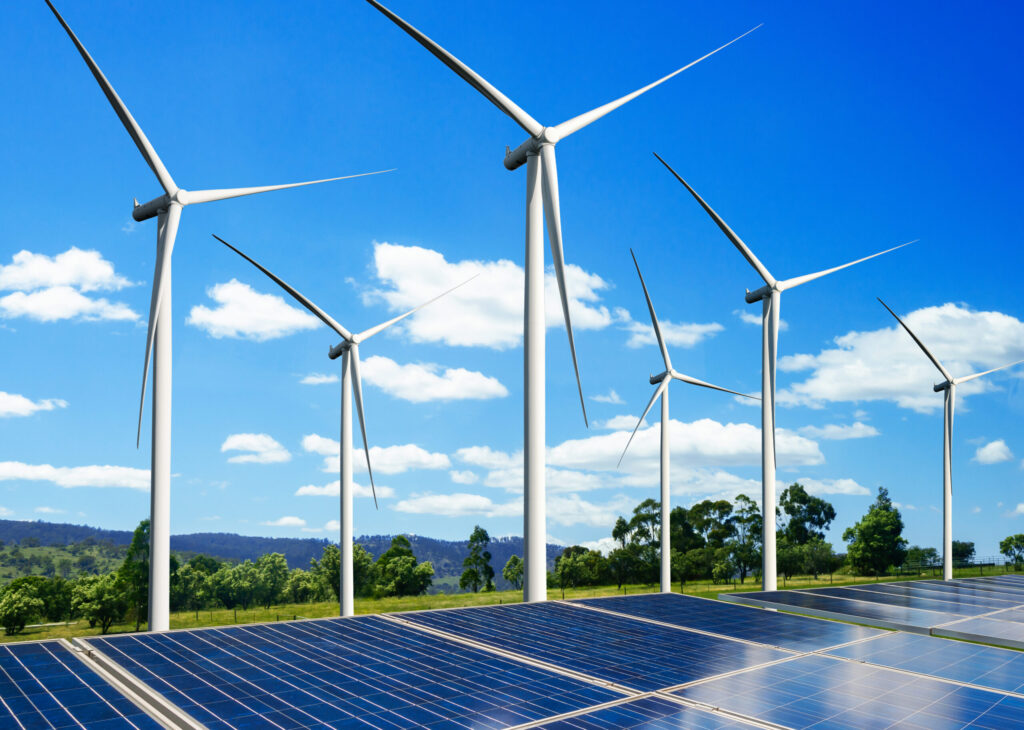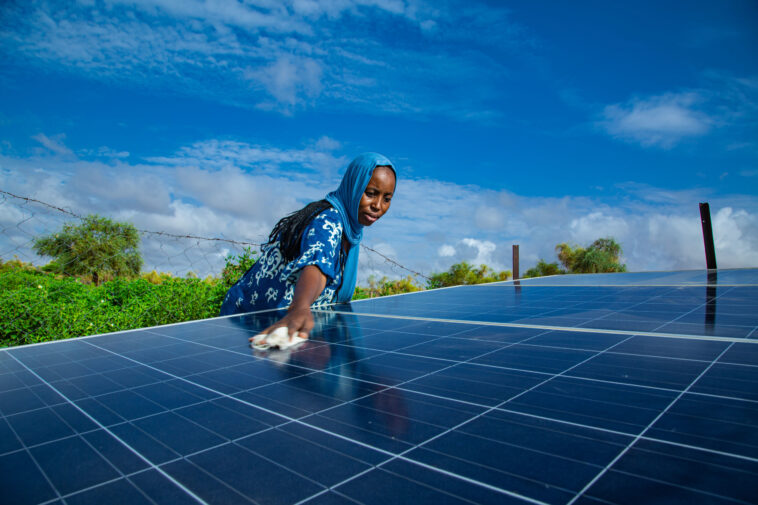
Investing in the Future Workforce
Policymakers and funders are urged to invest in training a workforce that can serve the industries of the future, according to a new report by FSD Africa and the impact advisory firm Shortlist. This green economy could generate 3.3 million jobs across Africa by 2030, significantly impacting the continent’s largest countries.
Promising Sectors
The report, Forecasting Green Jobs in Africa, predicts that 60% of these roles will be skilled or white-collar positions, especially in the renewable energy sector. This surge in employment can spur the growth of the middle class in high-growth sectors such as renewable energy, e-mobility, construction, and manufacturing. Notably, countries like the Democratic Republic of the Congo, Ethiopia, Kenya, Nigeria, and South Africa will account for more than a fifth of the new jobs.
Diverse Job Opportunities
About 10% of the jobs created will require university degrees, while 30% will involve specialized work needing certification or vocational training. Additionally, 20% of the positions will be administrative, and unskilled labour opportunities will also be stable, with room for upward mobility. The renewable energy sector alone is expected to generate about 70% of these jobs, with 1.7 million in solar power. DRC and Ethiopia, with their vast hydropower potential, will see significant job creation in that sector.
Call to Action for Policymakers and Funders
The researchers stress the importance of investing in training programs to build a skilled workforce in green industries. Such investments could contribute to formalizing African economies and ensuring inclusion in stable remuneration, social security, and taxation systems. Paul Breloff, CEO of Shortlist, emphasizes the need for effective training, apprenticeships, and job/skill matching to achieve Africa’s green promise.

Economic and Environmental Benefits
Africa’s young workforce and abundant renewable energy resources position it to leapfrog into a greener future. However, supportive policies, infrastructure, and substantial financial investments—estimated at over $100 billion annually—are essential. Despite challenges in attracting renewable energy investments, addressing skills gaps can de-risk investments and catalyze further job creation.
Kevin Munjal, director of development impact at FSD Africa, highlights the critical potential of green growth for jobs and economic development. The green economy could address the continent’s demographic challenges and provide much-needed employment for Africa’s burgeoning youth population.
Image source: Internet
Disclaimer: Educational purpose blog with no commercial use intended.
Read More: Reincarnating Raipur
For Lifestyle Content: Tathastu Lifestyle



GIPHY App Key not set. Please check settings